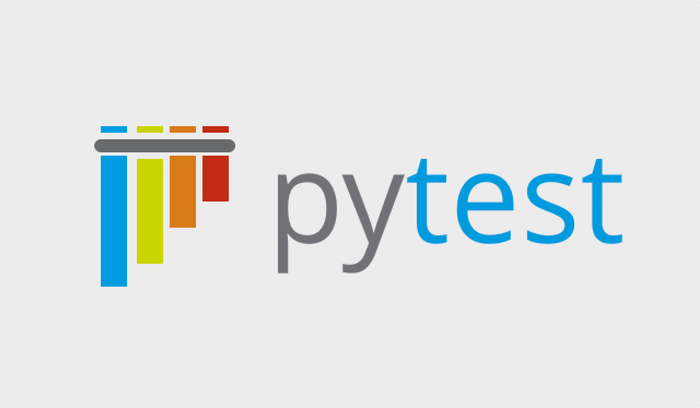
Pytest is a testing framework used to write test code in the Python programming language. It is a simple framework that allows you to write the test code in any environment like Database API and even GUI.
Pytest basically helps us build a test automation framework for unit testing,i.e., a type of software testing where individual units or components of the software are tested and integration testing purposes,i.e., a type of software testing where a subsystem or a set of multiple classes are tested.
They also perform system testing,i.e., tests the whole system and subcutaneous test,i.e., testing in the API layer.
The Pytest framework makes it easy to write small tests and supports complex functional testing for applications and libraries.
Pytest is used by software development teams, quality assurance teams, and for multiple projects(open source).
Installation steps-
Python IDE must be installed. You can find installation steps here.
Pytest can be installed in two ways in Pycharm IDE-
- Using the Terminal
The terminal in the Pycharm IDE can be used to install the pytest following the steps below-
Check if the pytest is already installed or not.
pip3 listIf the list doesn’t have pytest in it, enter the following command to install.
pip install pytestAfter installation of pytest in Pycharm IDE, make sure to install Pytest in the local python interpreter using the same command in command prompt(Windows)/ terminal(Mac OS) as well.

- Using the Python Interpreter
In the Pycharm IDE, Go to the Settings -> Python Interpreter

Check if you have pytest in the packages list. If not, click the + symbol in the bottom left of the page to check out the list of available packages.

From the list of available packages, search for pytest in the search bar. Select the pytest option on the list and click “Install package”.
Now, the pytest package is successfully installed in the Python interpreter.
The advantages of Pytest are-
- Pytest can detect the test functions and test files on its own, even when it is not mentioned explicitly.
- Pytest can run parallely run multiple tests, thus reducing the overall execution of the test code.
- Pytest allows us to skip a subset of the test code during execution.
- Pytest also allows to run a subset of the code during the execution.
- Pytest is a free and open source framework.
